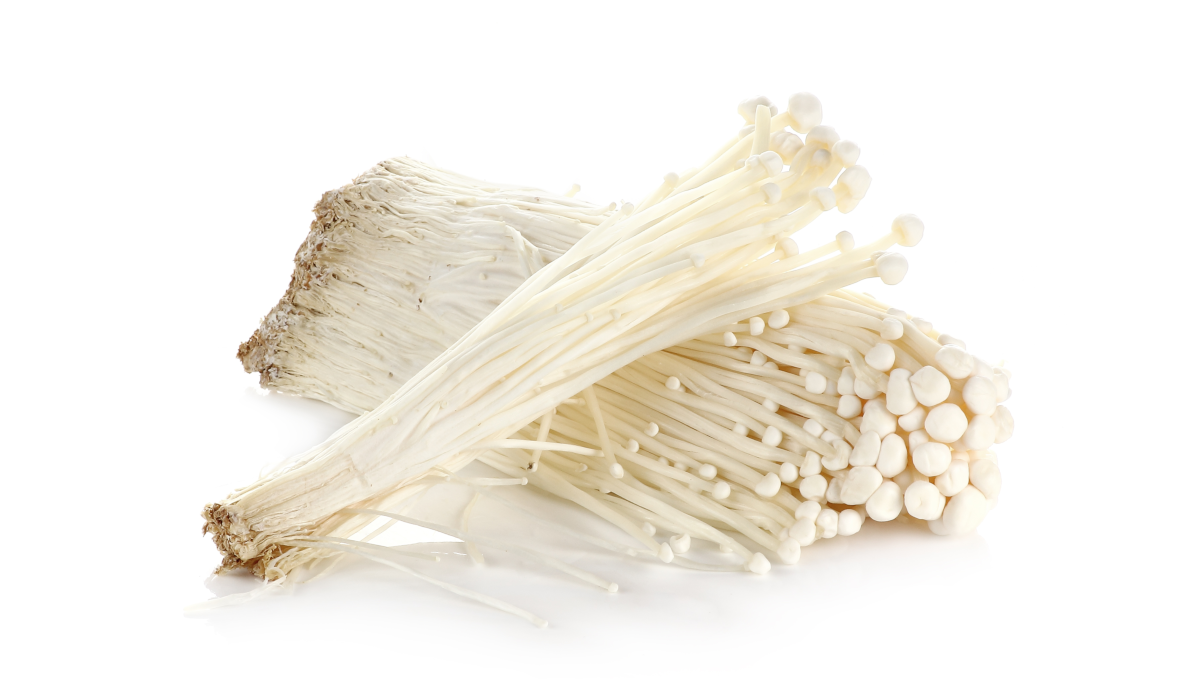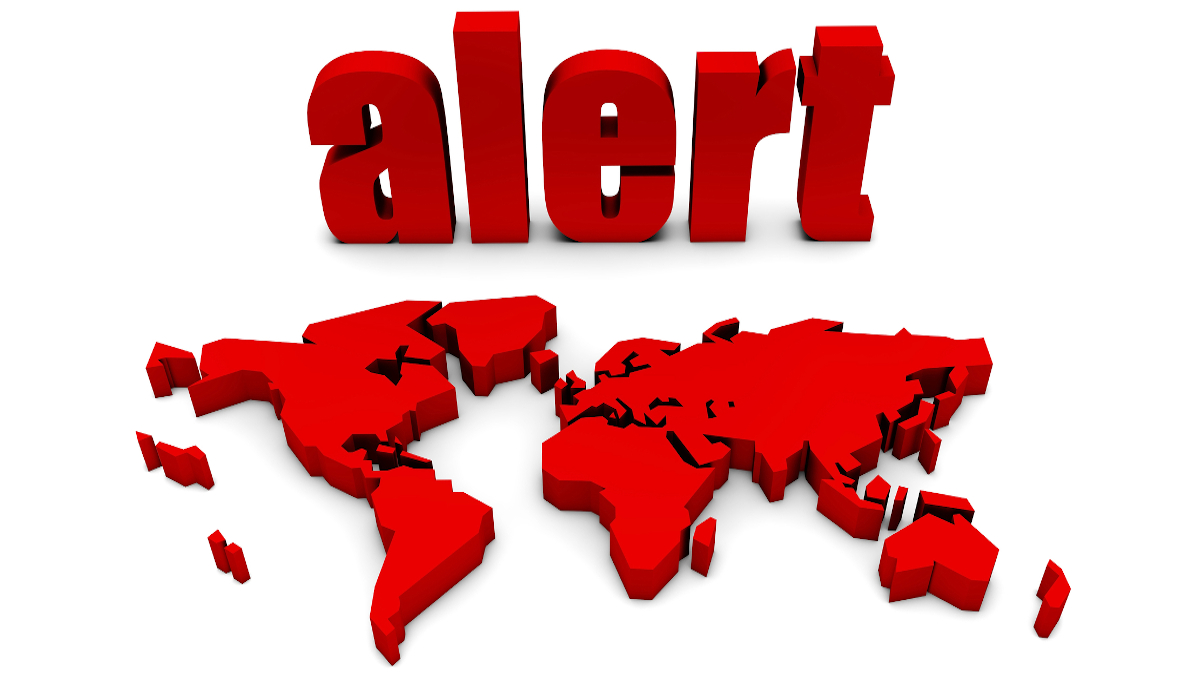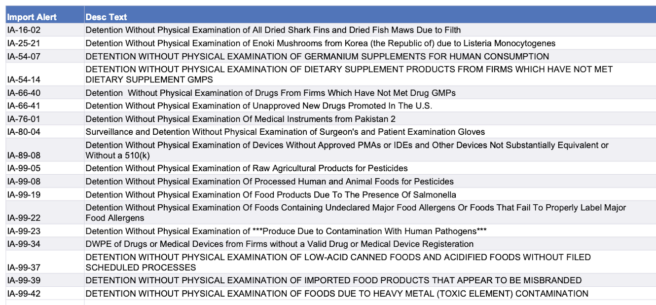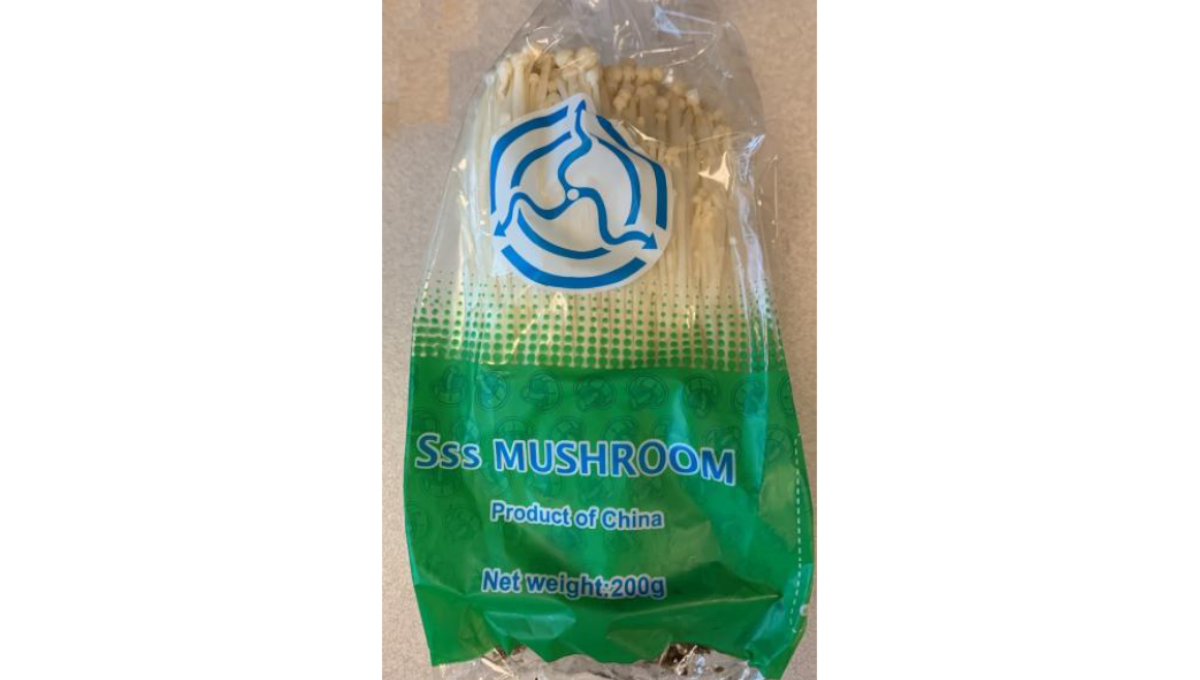Goldenway International Trade Co. Ltd.’s Enoki Mushrooms are being recalled from the marketplace because of possible Listeria monocytogenes contamination.
This recall was triggered by Canadian Food Inspection Agency (CFIA) test results.
According to the CFIA, the recalled products were distributed in Ontario, Quebec and possibly other provinces and territories in Canada.
Recalled products:
| Brand | Product | Size | UPC | Codes |
| None | Enoki Mushroom | 200 g | 8 807076 001670 | CE 06 7D |
As of the posting of this recall, no reported illnesses have been associated with this product’s consumption.
Consumers should check to see if they have recalled products. They should not consume, serve, use, sell, or distribute recalled products. Recalled products should be thrown out or returned to the location where they were purchased.
About Listeria infections
Food contaminated with Listeria monocytogenes may not look or smell spoiled but can still cause severe and sometimes life-threatening infections. Anyone who has eaten any recalled product and developed symptoms of Listeria infection should seek medical treatment and tell their doctors about possible Listeria exposure.
Also, anyone who has eaten recalled products should monitor themselves for symptoms during the coming weeks because it can take up to 70 days after exposure to Listeria for symptoms of listeriosis to develop.
Symptoms of Listeria infection can include vomiting, nausea, persistent fever, muscle aches, severe headache, and neck stiffness. Specific laboratory tests are required to diagnose Listeria infections, which can mimic other illnesses.
Pregnant women, the elderly, young children, and people such as cancer patients who have weakened immune systems are particularly at risk of serious illnesses, life-threatening infections, and other complications. Although infected pregnant women may experience only mild, flu-like symptoms, their infections can lead to premature delivery, infection of the newborn, or even stillbirth.
(To sign up for a free subscription to Food Safety News, click here.)










